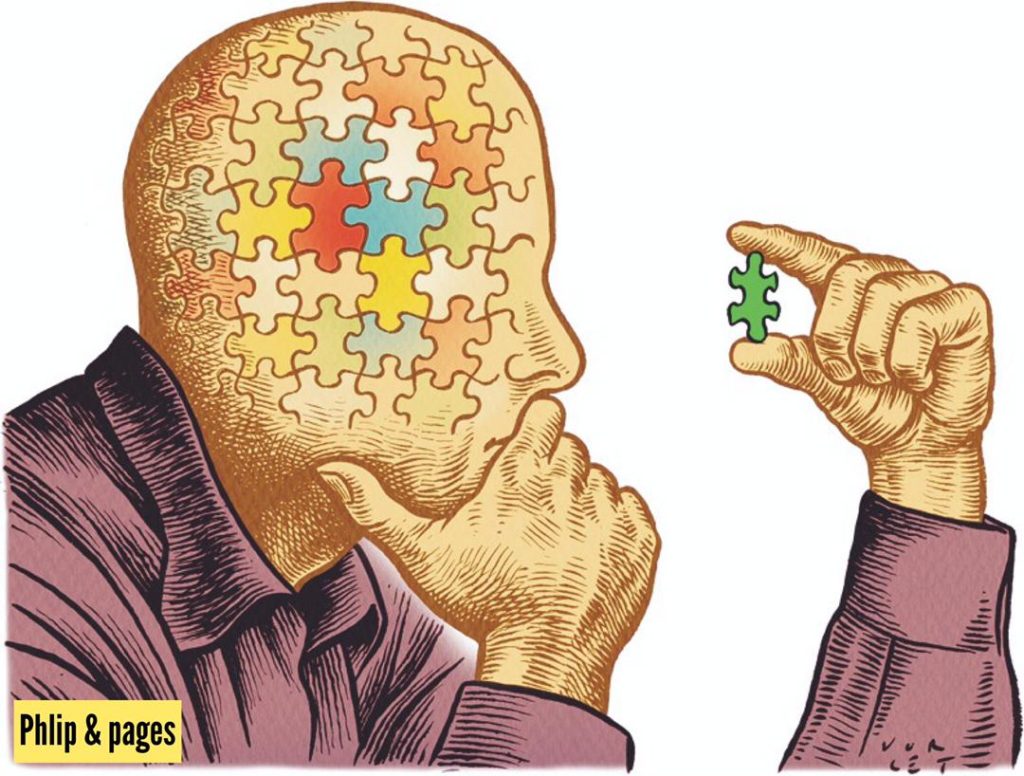Mental health is a critical aspect of overall well-being, yet it remains highly stigmatized in many societies, including Nigeria. This article aims to shed light on the importance of addressing mental health issues in Nigeria, breaking the stigma surrounding it, and building a supportive community that prioritizes mental well-being.
Raising Awareness and Education

One of the first steps towards breaking the stigma around mental health is by raising awareness and promoting education.
Organize campaigns and workshops to provide accurate information about mental health disorders, their prevalence, causes, symptoms, and available treatment options. By increasing knowledge among individuals and communities, we can dispel misconceptions while encouraging empathy and understanding.
Encouraging Open Dialogue

Creating safe spaces for open dialogue about mental health is crucial for fostering support within communities.
Promote discussions through public forums or online platforms where individuals can share their experiences without fear of judgment or discrimination. Encourage active listening while providing resources for those seeking help or guidance.
Enhancing Access to Mental Health Services

Improving access to quality mental healthcare services is essential for supporting individuals who need assistance.
Invest in training more mental healthcare professionals like psychiatrists psychologists counselors social workers – especially in underserved areas. Increase funding for mental health programs ensure that affordable accessible services are available across healthcare facilities throughout Nigeria.
Integrating Mental Health into Healthcare Systems
Integrating mental healthcare into existing primary care systems ensures holistic support for patients.
Encourage collaboration between medical professionals to identify early warning signs of common mental disorders during routine check-ups screenings enabling prompt intervention referral when needed ensuring comprehensive care beyond physical ailments.
Promoting Peer Support Networks
Peer support networks play a vital role in creating a sense of belonging among individuals facing similar challenges.
Establish peer-led initiatives or support groups where individuals can connect, share experiences, and provide mutual encouragement. These networks act as a source of strength, validation, and inspiration for those navigating their mental health journeys.
Addressing Workplace Mental Health

Promote mental well-being within the workplace by implementing policies that prioritize employee mental health.
Offer employee assistance programs (EAPs), flexible working hours, stress management workshops or counseling services to create an environment that supports employees’ emotional well-being. Encourage open conversations about mental health at work to reduce stigma and increase awareness.
Collaborating with Government and NGOs
Government agencies and non-governmental organizations (NGOs) play a crucial role in addressing mental health issues.
Advocate for increased government funding for mental healthcare services while collaborating with NGOs to develop community-based initiatives supporting awareness campaigns training programs resource centers – ensuring comprehensive support systems are in place across Nigeria.
Conclusion
Breaking the stigma surrounding mental health in Nigeria requires collective effort from individuals communities governments healthcare providers NGOs alike. By raising awareness promoting education encouraging dialogue enhancing access to services integrating mental healthcare into primary care systems fostering peer support networks addressing workplace mental health collaborating with relevant stakeholders – we can build a supportive community that prioritizes individual well-being leading to improved overall quality of life for all Nigerians
















